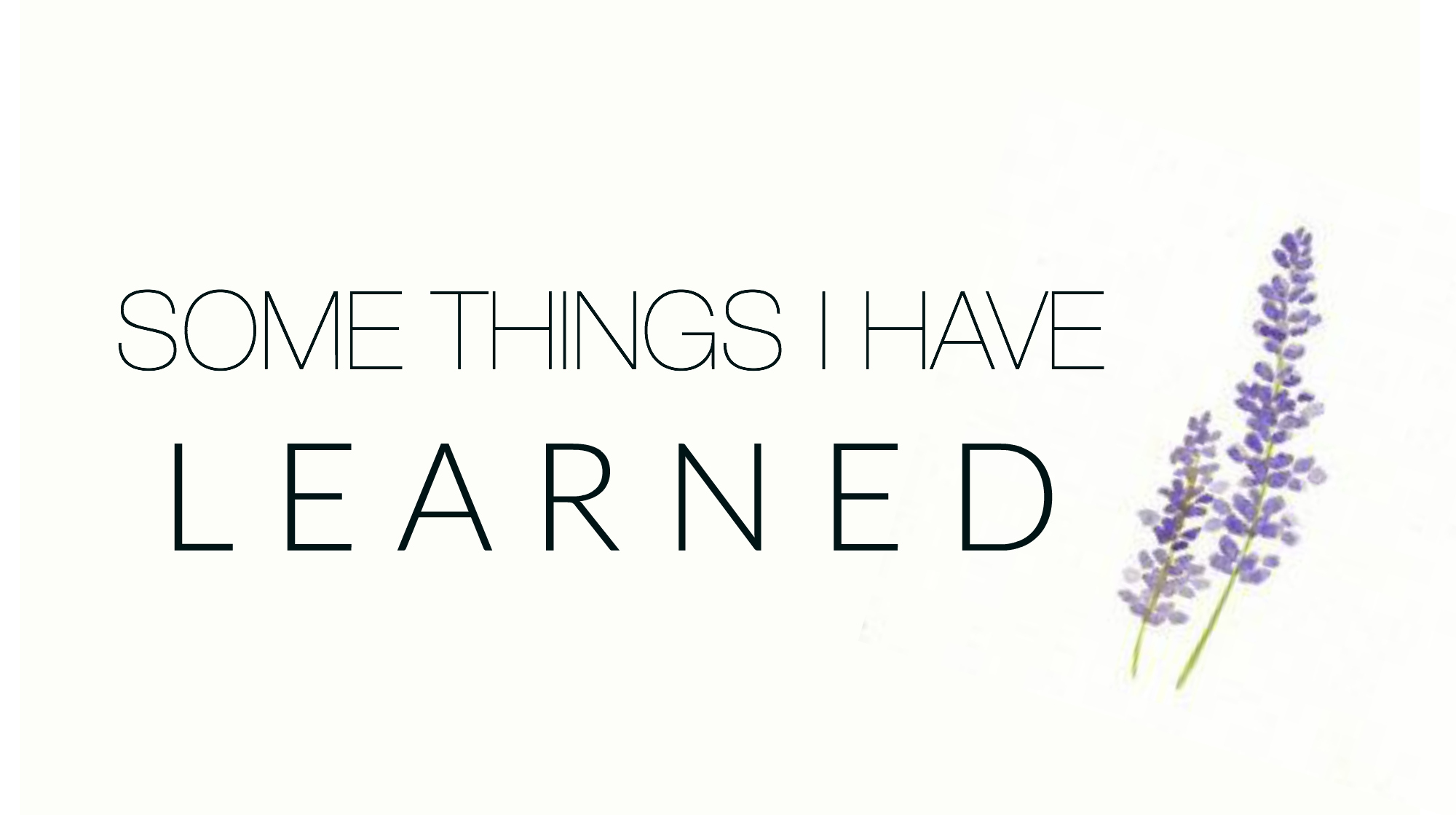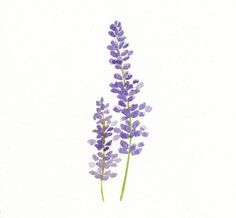this is a page for
Browsing Tag: incompetent
Recently my daughter had me help her cut some paper. This is the daughter who has Down syndrome. She was trying to cut out something from a magazine to tape it on a jar. I showed her how to cut around it and started the cutting for her. I watched her cut it and for the first time noticed her hand was in the way of her seeing what she was cutting.
It occurred to me that I had started cutting on the right side of the picture and she is left-handed. I have done this many times over the years and never once noticed that she couldn’t see what she was cutting because her hand was in the way. It explained all of the jagged edges and uneven cuts she always made. I had always wondered why she couldn’t cut anything out straight.
I stopped her and restarted the cut on the left side of the picture and she continue to cut around from that side. She cut evenly and smoothly, no jagged edges and no cutting in the wrong place. She’s 17 years old and has been using scissors since preschool and I just notice this.
Sometimes it’s really easy to see things only from my right-handed perspective. To just do something like I always do, or to think things through from my reference point. Often it’s easy for me to not notice what stops someone from doing a good job. Then I wonder why that person didn’t measure up. I wonder why they can’t cut out something without jagged edges. My right-handed perspective gets in the way.
Often I’m dealing with “left-handed people”. People who are different from me. Someone who methods and ways contrast from mine. His or her ways are just different from mine, not bad or worse. Sometimes it is easy to judge another as incompetent, or foolish or even incapable. When I do that it’s because I’m not making the effort to look at things from his or her perspective.
Usually telling someone to just do it the way I do it is not the answer. That often produces frustration and the previous results. If I really want to understand, I need to see things from the other person’s viewpoint. Looking at something as another sees it can be illuminating. Concentrating on another person’s skills and abilities and what they do well, can make a big difference. Trying to figure out what is stopping that person from being successful is helpful. And then taking the next step to figure out a way to help them succeed. Often it’s just little adjustments. Like switching sides of the paper when cutting.
Viewing something from another person’s perspective often helps me understand better, be less judgmental and more compassionate. When I do that I become a better parent, teacher, spouse and friend. When I step aside from a right-handed perspective to see through a left-handed view, I don’t have to wonder why someone didn’t measure up. That’s because the jagged edges and uneven cuts usually go away.
https://www.churchofjesuschrist.org/study/general-conference/2014/04/what-are-you-thinking?lang=eng
Share this:
- Click to share on Twitter (Opens in new window)
- Click to share on Reddit (Opens in new window)
- Click to share on LinkedIn (Opens in new window)
- Click to print (Opens in new window)
- Click to share on Facebook (Opens in new window)
- Click to share on Tumblr (Opens in new window)
- Click to share on Pinterest (Opens in new window)
- Click to email a link to a friend (Opens in new window)
My grandmother was an interesting person. She lived her life differently than most people, especially in her generation. She was born in 1921 and married at age 17. My mother was born soon after that and then not much later my grandma and her husband divorced. After that she either lived with or was married to at least 7 men that we know of. She worked in bars and moved around a lot. Since she didn’t graduate from high school and was limited in job choices. I have previously written how my mother often was boarded with other people until they tired of her. She would then live with her mother until another place was found for her to live. There were always new people, new schools and new cities.
My mother has a half brother and my grandma and his dad never married. Just like she didn’t really raise my mom she didn’t raise her son either. At one point, she was married to a man much older than herself and when they divorced she left her son in his care. My uncle was 10 years old when this man died. At that point my uncle came to live with us, and I grew up with him as a sort of brother.
We never saw much of my grandma. I thought of her as some vague, incompetent person who was my mother’s mother. We rarely knew where she was living or what she was doing. Every so often we would get a phone call from her and we would know she was still alive. I do remember her visiting us once though. I was probably about 12 and I was fascinated by her fingernails. She wore bright red nail polish and had this kit that made her nails longer. I watched her in wonder as she used the kit, filed her nails and painted them. And she smoked cigarettes and drank coffee, and I didn’t really know many people who did those things. This visit is the only time I remember interacting with her, and her world was completely different from mine. To me she was an enigma.
My grandmother’s father was an alcoholic and he killed himself with a gun when he was in his 40s. Alcoholism plagued that family with several of his children becoming alcoholics too, including my grandmother. I think there were mental health issues that went undiagnosed and obviously untreated. Alcohol temporarily silenced their mental health demons but created new ones. I think she struggled to find happiness in her own way. Unfortunately, as a young adult I never had much respect or even love for her. I saw no value in her existence.
I tell you all of this because in spite of her unusual life style, the alcoholism and mental health issues she was really good at crocheting. She made beautiful tablecloths, shawls, ponchos and just about anything that could be crocheted. This dysfunctional, sort of pathetic person had a talent, developed it and used it to bless the lives of others. I remember being in high school when she sent me a poncho she had crocheted me. They were really popular at the time and I remember being thrilled to wear it. When I married she sent me a tablecloth with a beautiful, intricate pineapple design in it. I still have the tablecloth and will never give it away.
Sometimes we look at someone and see limitations, ineptness, dysfunction and shake our heads at that person’s life. We don’t see anything of value and we wonder how they could live their lives like that. Like I did with my grandmother, we judge that they are worthless individuals with nothing to offer the world. The tablecloth she made me reminds me to look a little further at a person. It demonstrates to me that if we look for the good we will find it. It teaches me not to dismiss anyone because of life style. She had a lot of challenges in life and made a lot of poor decisions. Despite all of that she had a talent and used it to bless the lives of others. In her own little way she made the world a better place.
Share this:
- Click to share on Twitter (Opens in new window)
- Click to share on Reddit (Opens in new window)
- Click to share on LinkedIn (Opens in new window)
- Click to print (Opens in new window)
- Click to share on Facebook (Opens in new window)
- Click to share on Tumblr (Opens in new window)
- Click to share on Pinterest (Opens in new window)
- Click to email a link to a friend (Opens in new window)

